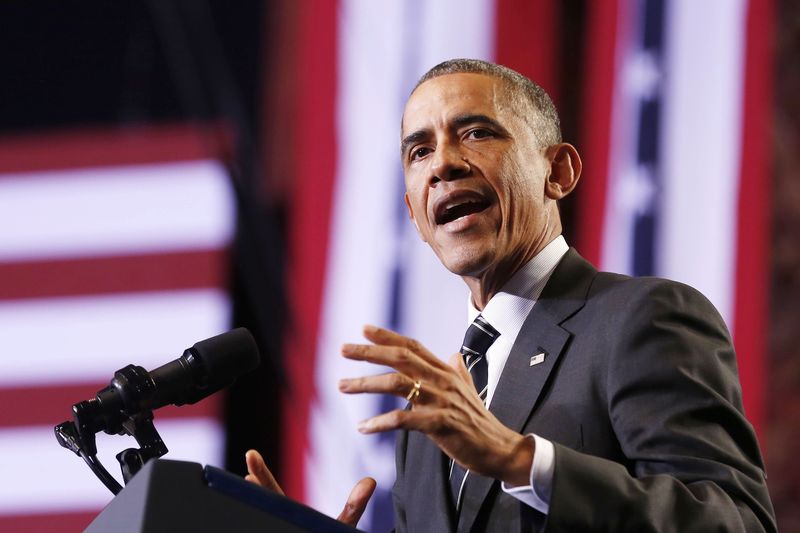GENEVA (Reuters) - United Nations human rights investigators called on President Barack Obama to live up to principles preached by the United States around the world and release a long completed report on CIA interrogation methods.
In an open letter issued in Geneva, the seven investigators and academic legal experts, said publication of the report by a Senate committee would be welcomed by victims of torture and their supporters everywhere.
Among the signatories were the world body's special rapporteurs for torture and for freedom of expression.
"As a nation that has publicly affirmed its belief that respect for truth advances respect for the rule of law, and as a nation that frequently calls for transparency and accountability in other countries, the United States must rise to meet the standards it has set both for itself and others," the open letter declared.
The Senate committee spent four years investigating waterboarding and other CIA practices used against terrorism suspects during the administration of former president George W. Bush. In April, it approved its report for release.
But the document has not yet been published, largely because of CIA demands that it be edited to obscure names and patterns of behaviour that were crucial "in the system of violations that needs to be understood and redressed," the open letter said.
The investigators, including one American and three Latin Americans who work at U.S. universities and cover areas like torture, arbitrary execution and freedom of expression, said other countries were closely watching the issue.
"Victims of torture and human rights defenders around the world will be emboldened if you take a strong stand in support of transparency," they told Obama.
"On the contrary, if you yield to the CIA's demands for continued secrecy on this issue, those resisting accountability will surely misuse this decision to bolster their agenda in their own countries," the seven added.
The American in the group was David Kaye, a former State Department lawyer and a university professor in California who is special rapporteur on freedom of expression for the U.N. Human Rights Council.

The group also included Juan Mendez, an Argentine former victim of torture under his country's military regime and now U.N. special rapporteur on torture and other cruel or degrading treatment.
(Reported by Robert Evans; Editing by Tom Heneghan)